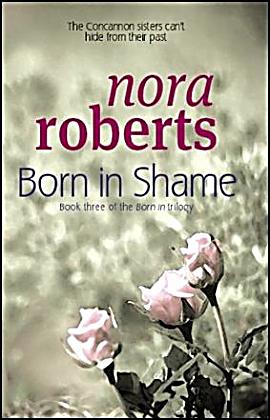

“I am not only protecting and preserving the purity of my grandfather’s work, but also what remains of the much abused privacy of the Joyce family,” he told The New Yorker in 2006. He said he was safeguarding the material’s literary integrity and defending them from critics and biographers, whom he likened to “rats and lice” that “should be exterminated.” Stephen Joyce gleefully maintained an iron grip on his grandfather’s printed works, unpublished manuscripts, letters and other material, although his hold loosened somewhat on the 70th anniversary of James Joyce’s death, when most copyrights on his masterpieces like “Ulysses” and “Finnegans Wake” expired. Higgins allowed that it was “not a task carried out in harmonious circumstances at all times.” Joyce had been “deeply committed to what he saw was the special duty to defend the legacy of the Joyce family in literary and personal terms,” though Mr. Higgins of Ireland, confirming the death in a statement, said Mr. 23 on Île de Ré, an island resort on the west coast of France, where he lived.


Stephen Joyce, a grandson and last surviving direct descendant of James Joyce and the formidably rigid gatekeeper of that Irish author’s coveted literary estate, died on Jan.


 0 kommentar(er)
0 kommentar(er)
